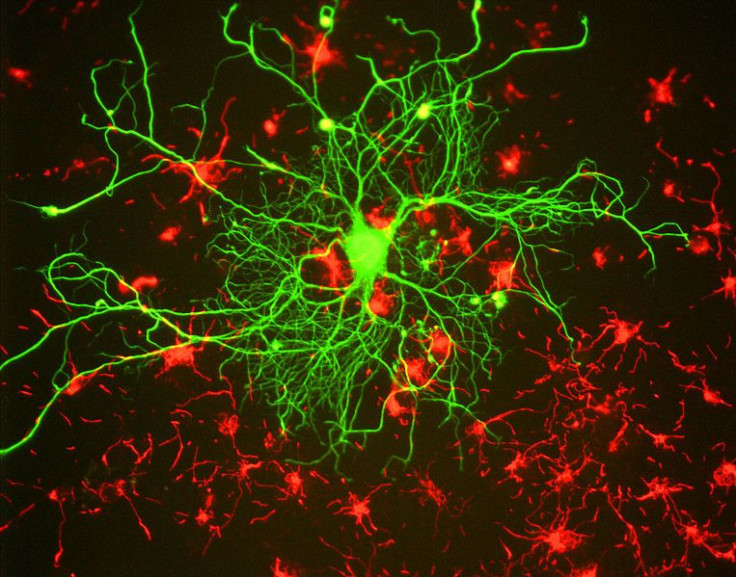Multiple Sclerosis May Be Brought On Earlier And More Severely Due To Lack Of Tob1 Gene Expression

Researchers from the University of California San Francisco (UCSF) have confirmed information, which they had seen in previous human cases of multiple sclerosis (MS), now with studies in mice. Previous work by the same group of Dr. Sergio Baranzini, Ph.D., a UCSF associate professor of neurology, showed that patients who were seen to have an early-stage neurologial event and progressed to MS expressed low levels of the Tob1 gene in immune cells called CD4 T cells.
In the current study, the same team of scientists wanted to determine if the same gene had an impact on animal models of multiple sclerosis. Experimental autoimmune encephalomyelitis (EAE) is a condition that closely mimics the human form of MS, whereby immune cells called CD4 cells are responsible for the immune system attacking a protective layer called myelin, which covers neurons in the central nervous system. The disease progresses similarly to MS, with gradually ascending paralysis and loss of sensation.
The researchers created mice that lacked the Tob1 gene, and they saw that the mice had an increase in immune cells infiltrating the CNS after developing the mouse version of MS, which is EAE. These cells were significantly more reactive to myelin, and were pathogenic subsets of CD4 cells called Th1 and Th17, which cause inflammation known to be implicated in autoimmune disease progression. The researchers also saw fewer CD4 regulatory T cells, which are another type of CD4 cell that normally prevent autoimmune disease in both humans and mice, rather than instigating inflammation, unlike their Th1 and Th17 cousins.
When the researchers took CD4 cells that had no functional Tob1 gene and injected them into mice with no immune system, they caused the onset of the mouse version of MS to be extremely aggressive, similar to the mice that didn't have the Tob1 gene in their entire body. This meant that the Tob1 gene was acting to make MS worse, only through CD4 immune cells specifically.
"This shows that Tob1 only needs to be absent in this one type of immune cell in order to reproduce our initial observations in mice lacking Tob1 in all of their cells," said Baranzini in a press statement.
The researchers hope that this further bolsters the idea that Tob1 can be used as a biomarker in patients who are suspected to have a probable progression toward MS. "This would be useful and important," Baranzini said, "because physicians could decide to switch or modify therapies if they know whether the patient is likely to have an aggressive course of disease, or a more benign course. This may become an example of personalized medicine. When the patient comes to the clinic, we will be able to tailor the therapy based on what the tests tell us. We're now laying the groundwork for this to happen."
Source: Schulze-Topphoff U, Casazza S, Varrin-Doyer M. Tob1 plays a critical role in the activation of encephalitogenic T cells in CNS autoimmunity. Journal of Experimental Medicine. 2013.



























